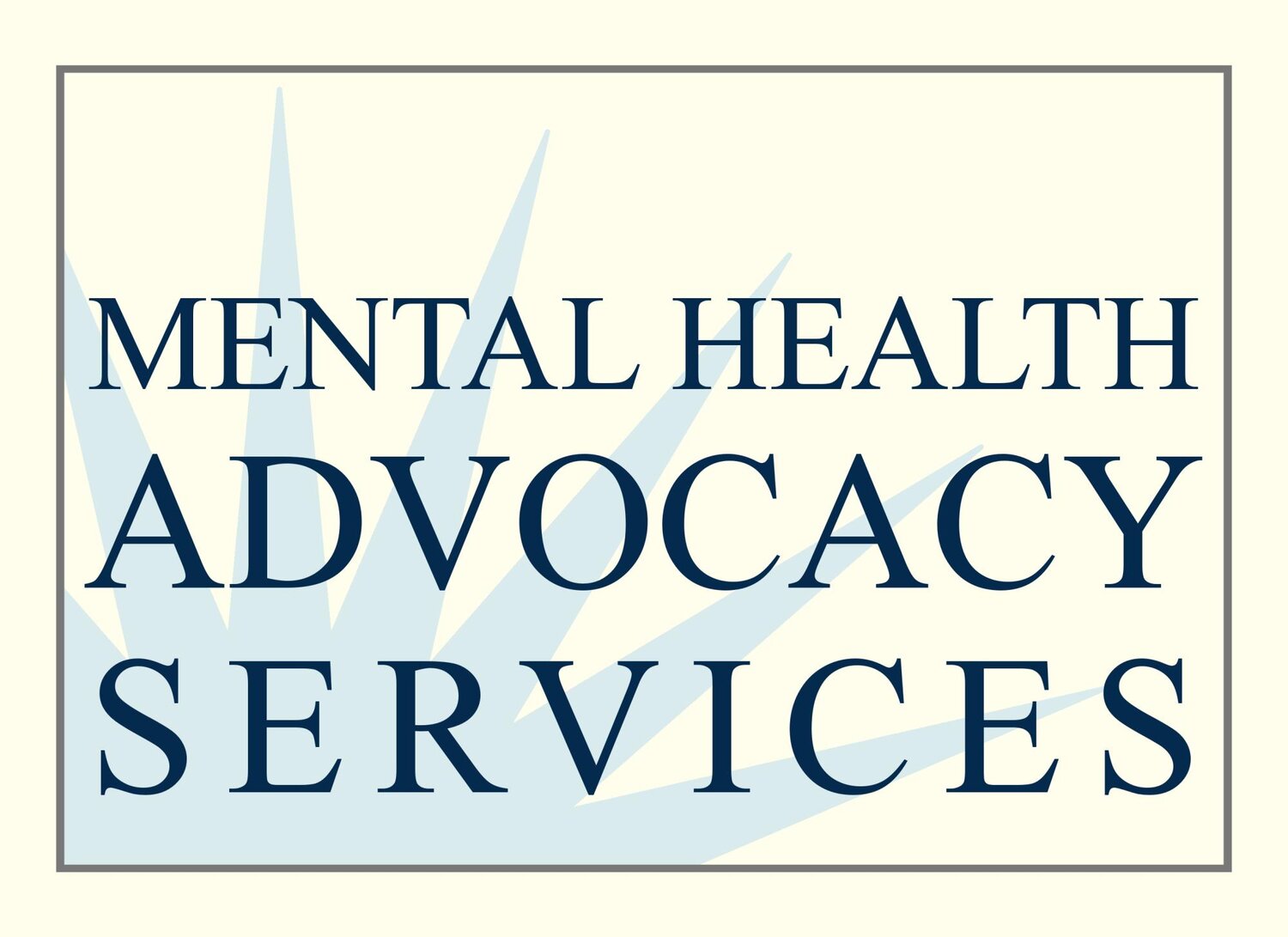Eliza Schafler is an MHAS Equal Justice Works Fellow sponsored by Greenberg Traurig, LLP.
Guest Post by Jon Killoran: A One-Stop-Shop at the VA for Homeless Veterans
by Eliza Schafler
In past posts, I have alluded to the fact that our Behavioral Health Legal Partnership (BeHeLP) is not the only Medical-Legal game in town. Neither is it the only Medical-Legal Partnership (MLP) working to alleviate mental illness. On the contrary, there are a number of organizations that directly address mental illness through legal assistance.One such organization is Inner City Law Center in Los Angeles. Today, I am thrilled to share a guest post by Jon Killoran, an Equal Justice Works Fellow at Inner City Law Center who has helped start an MLP focused on veterans’ health and mental health.A One-Stop-Shop at the VA for Homeless VeteransLos Angeles is the homeless veteran’s capital of the United States. On any given night, more than 6,000 veterans sleep on our city’s streets. Many of these veterans lack access to legal services necessary to achieve housing and income stability.Our medical legal partnership works with the homeless patient aligned care team (H-PACT) in the emergency room at the West Los Angeles VA Medical Center to identify these veterans. We provide them with wraparound care that includes a team of primary care providers, a nurse case manager, social worker, access to housing case management, and starting this past September, legal services.Our goal is to provide legal services that promote stability, so that the veterans we serve can take full advantage of the healthcare provided by the VA. For veterans diagnosed with PTSD, for example, this often means helping the veteran file an initial application or appeal a denial for service-connected VA benefits. A veteran seeking service connection for a mental health disability is 23 times more likely to be successful when represented by an attorney. Success means that the veteran will receive up to 2,800 dollars a month for the rest of her life. Success, then, often means an end to homelessness and instability.By providing these services through the medical legal partnership model, we hope to identify the veterans who are in the most need and do so as quickly as possible. The MLP also allows us to work hand in hand with the veteran’s treatment professionals who have a unique knowledge of the veteran’s symptoms and whose diagnoses and professional medical opinions, when included as part of an appeal, are crucially important to success.Thank you again to Jon Killoran for the work you do, and for contributing to the Mental Health Advocacy Services blog.
